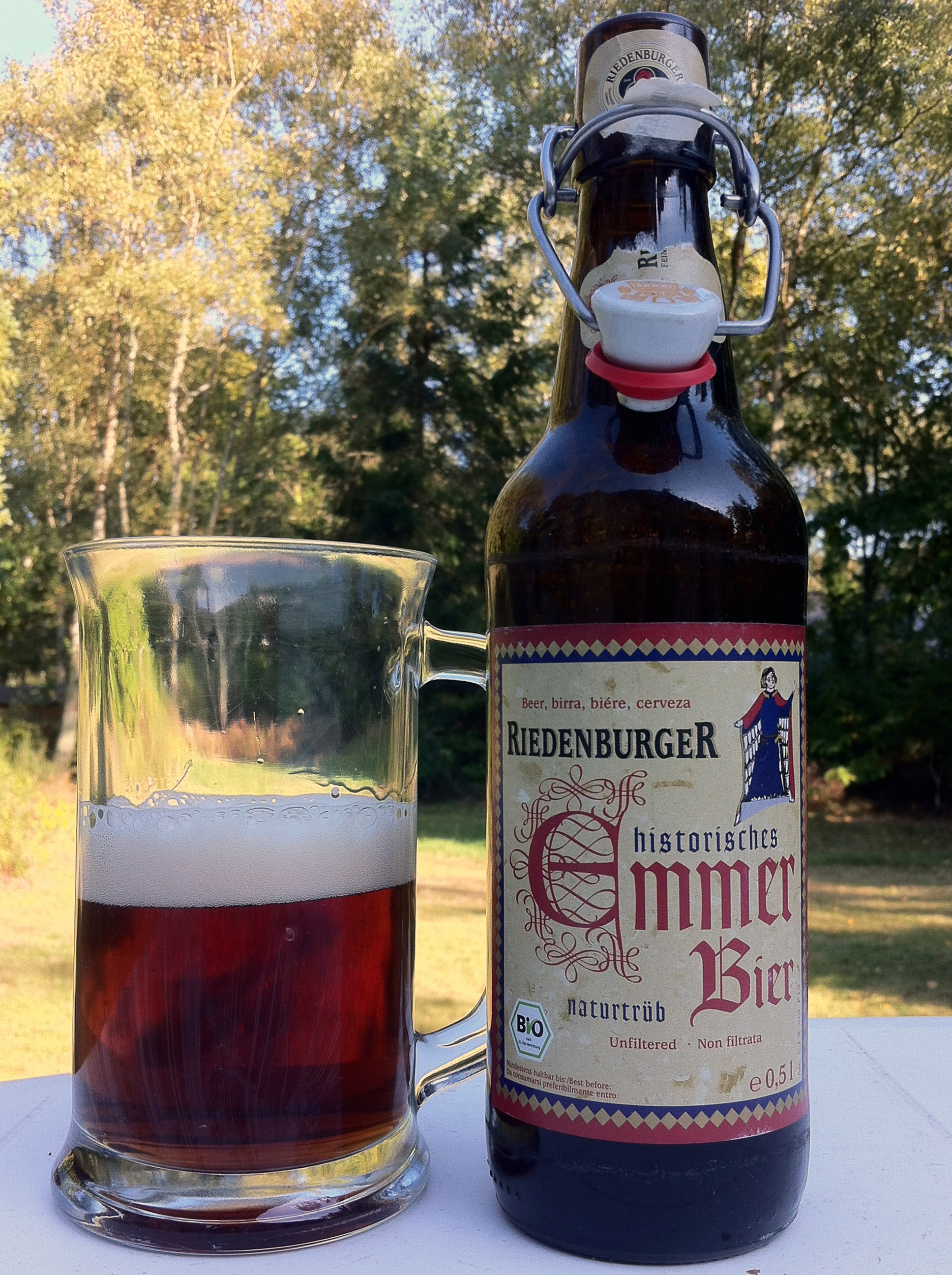
Organic Allusion
You’d have to really hate beer to not know that craft beer is a major trend. But while organic products are also very fashionable today because they fulfil a deep need for non-industrial products, you can’t exactly say that organic craft beers are the standard.
Isn’t that somewhat odd? The movement is back to “home-made”, “labelled”, “top-quality”, “farm produce”, and “regional local markets”, which naturally implies “organic”. And yet not many of the young breweries that owe their success to the craft revival are following the movement.
Does craft necessarily mean organic? Obviously not. What about the malts and hops? Where and how are they actually produced? In accordance with which standard (absence or presence of carcinogenic pesticides)? Does a “craft-sized” brewery automatically use environmentally friendly raw materials? I won’t resolve the question here and now. I just want to say that there’s often a good deal of confusion in the use of terms and about what’s hidden behind the product — including in terms of a microbrewery’s bottom-line impact.
Of course you can find beers that are certified organic, and they often come from old breweries — which is not without irony.
As a perfect example, I’ve chosen — with no pretense toward objectivity — Riedenburger Emmer Bier “Bio”, produced by the Riedenburger Brauhaus (Riedenburg, Bavaria, Germany), founded in 1866. You should know that in Germany, there are two terms for certified organic beer: “Bio” and “Ökobier”. That means that this beer is entirely brewed from organically grown grain and that the beer-making chain is subject to government inspection from the fields to the bottle.
This 5.5%-ABV Spezialbier, made with spelt, wheat, and five different types of malt, develops a broad range of flavors. A creative beer, despite its historic pedigree, somewhere between a dunkelweizen and a wheat beer… Definitely a good cereal-grain beer with a long aftertaste, proving that a beer of organic origin doesn’t have to be afraid to have taste.
